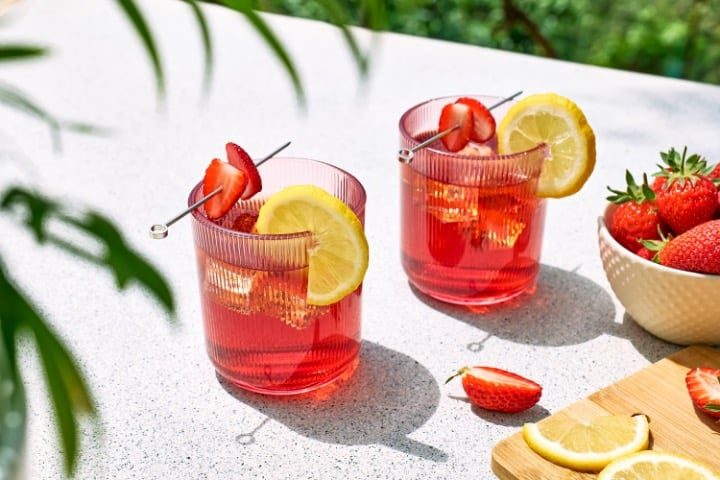
If you still harbor any doubt that the climate cult wishes to control each and every aspect of your life, consider an article from Amy Brady, published by Scientific American on July 1. The article makes the case for “sustainable” cocktails using far less ice, because frozen H2O takes energy to make and is otherwise a “waste” of water.
According to Brady, the bar business has lagged behind other hospitality industries when it comes to addressing global warming, which has been rebranded into the catch-all phrase “climate change.”
“For years the hospitality industry has seen diners clamoring for foods that prioritize climate-friendly practices, such as local and seasonal ingredients that are grown or raised with carbon footprints in mind. Yet cocktail culture hasn’t been hit with the same scrutiny,” Brady writes. “As the American West experiences water scarcity and energy prices remain volatile, the protocol for properly made cocktails doesn’t look sustainable. Is it possible to make satisfying cocktails without so much ice?”
Ice appears to be the main culprit as far as industry insiders are concerned.
“The ice-making procedure in bars is crazy wasteful,” said Dave Arnold, a food scientist. “It’s kind of just built into the way [bars] operate things.”
Besides the alleged waste of water, climate hysterics also lament the amount of energy used in making ice.
“Energy wasted from ice is largely because of in-house ice machines, which many—if not most—bars and restaurants use to maintain their steady ice supply. Ice machines run continually until they are full, potentially for several hours at a time,” Brady points out.
Ice is not the only reason that many cocktails are “unsustainable.”
“Cocktails aren’t unsustainable just because of all the ice and water they require; they also tend to rely on ingredients that are shipped from far away, such as lemons and limes and liquors from around the world,” Brady wrote.
So, the climatistas would put an end to the world trade of certain products in order to create a more “sustainable” bar industry. As far as what would replace these lemons, limes, and exotic liquors, the climate hysterics suggest buying local to ease the effect on the climate.
“Use seasonal, local produce where possible as it will help reduce your carbon footprint and keep your menu fresh,” suggests Diageo Bar Academy in a how-to article on sustainable cocktails.
The Diageo Bar Academy suggests a “zero waste approach” philosophy concerning cocktails, which includes “batching cocktails,” i.e., making them ahead of time and storing them in the freezer to cut down on the need for ice; dehydrating fruit as a way of expanding the shelf life of certain products; and avoiding single-use plastic, such as straws and swizzle sticks when making drinks.
Scientific American, once a prestigious journal of scientific discovery, has become little more than a mouthpiece for the climate cult.
“Who pays for a magazine like Scientific American to write and print an article suggesting that people should forgo ice as a lifestyle choice?” asks Covid-19 vaccine critic Dr. Robert Malone.
But the Scientific American piece is emblematic of a much larger and more insidious truth. To the climate cult, everything mankind does — from the way we travel to the food we eat, even our choice of cocktail — needs to be subject to their intervention, their tweaking, their meddling.
As Climate Depot’s Marc Morano points out: “First, they came for your energy, then your meat, car, dishwasher, 2 1/2 hour plane flights, then your pizza & now… YOUR ICE!”
At first glance the Scientific American piece would appear to be a simple guide to how we might make the environment a tiny bit better by altering our choice of cocktails. But in reality, the piece is intended to make readers feel guilty about their use of ice, not just in their after-dinner drink but everywhere.
Fearmongering is the climate cult’s biggest weapon in their attempt to completely change the world — but making people feel guilty about their actions is a close second.




